To go back to “A Room of One’s Own” - any social or psychological condition, says Woolf, that blunts the creative mind is an impediment to creation. She concludes, quoting Coleridge, that the greatest minds are androgynous -‘ a mind that is purely masculine cannot create any more than a mind that is purely feminine’ and it isn’t a mind that takes up the cause of women or devotes its time to their interpretation.’ ‘Perhaps an androgynous mind is less apt to make these distinctions than the single-sexed mind.’ She points out writers she doesn’t like - such as Galsworthy who have ‘not a spark of the woman in them’ and so no ‘suggestive power.’ She’s funny on Proust who has a “little too much of the woman. But that failing is too rare for one to complain of it.”
I think she’s right on creative androgyny. The very masculine world of Raymond Carver for instance incorporates a physical, maternal tenderness for his characters, (if it isn’t outdated to equate tenderness and maternity). Today women writers create real male characters from the inside compare the men in Toni Morrison’s ‘Song of Solomon’ to Charlotte Brontés Mr Rochester or Darcy in ‘Pride and Prejudice.’
Where I part company with Woolf is in her irritation with what she call “sex-consciousness” that she sees as closeting each sex in anger or for men the constant need to assert their superiority out of fear. How can she rail as she does against “the suffrage movement” which she says has a lot to answer for? Or go as far as to say that Shakespeare wouldn’t have written like he did if there had been women suffragettes around in the sixteenth century....Should we blame her for these blind spots? What about that comment that she hoped that women in the future would get beyond making their books ‘a dumping ground for their emotions.’ An odd, guilt-making, (self-disliking?) comment from a pre-modern feminist thinker and precursor of woman’s writing. “And don’t women just have emotions to dump,” snapped a screen-writer friend acerbically when I quoted her this comment – she had just heard on the radio that only fifteen years ago women were allowed into the Viennese Philharmonic Orchestra and that ‘even then the event had caused an uproar.’
“A Room of One’s Own” came out in 1929. Basically, like Freud, Woolf was a creature of her time, despite all that sensitive genius. Isn’t blaming her like taking nineteenth century doctors to task for letting so many women die of puerpural fever in childbirth because they hadn’t a clue about bacterial infection? I suppose there’s a case to be argued here, though personally I’ve never believed that awareness of human equality could be excused on the grounds of lack-of-education. In other words, ignorance, or any other extenuating circumstances. The truth is there in the heart, that woman or man could be me. Most likely Woolf like all of us was afraid of what she couldn’t imagine herself coping with – that rough red housemaid’s complexion from getting up every day at five thirty to clean grates and get the household fires going to provide everyone else’s hot water. Or the desperate anger of a woman trapped without any legal rights at all - in a loveless, seemly, bourgeois marriage – a woman for whom chaining herself to a public railing to win the right to vote would be an emblem of release. Woolf was certainly not as free to act and speak out as we are today - if we use that freedom - but the ‘alternative’ freethinking, freeloving milieu of the Bloomsbury set certainly gave her the space to think and express herself as she wished.
Tuesday, January 13
Subscribe to:
Post Comments (Atom)

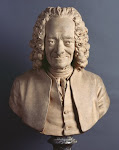





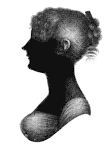

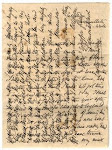
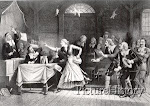
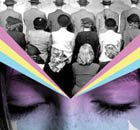
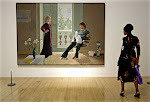


















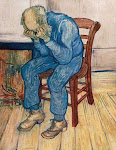



















No comments:
Post a Comment